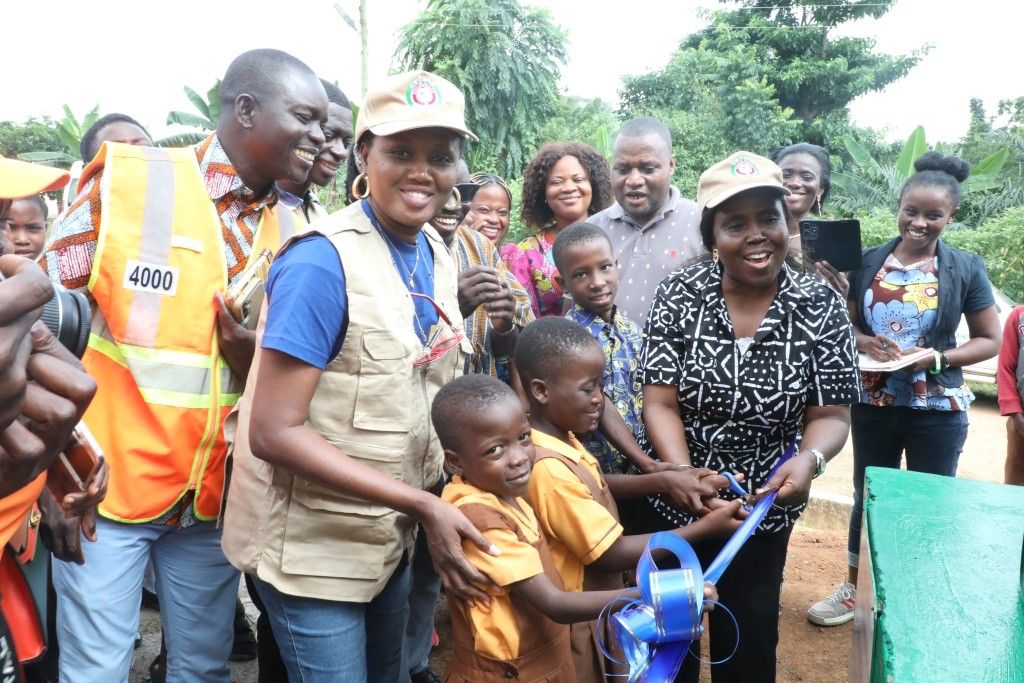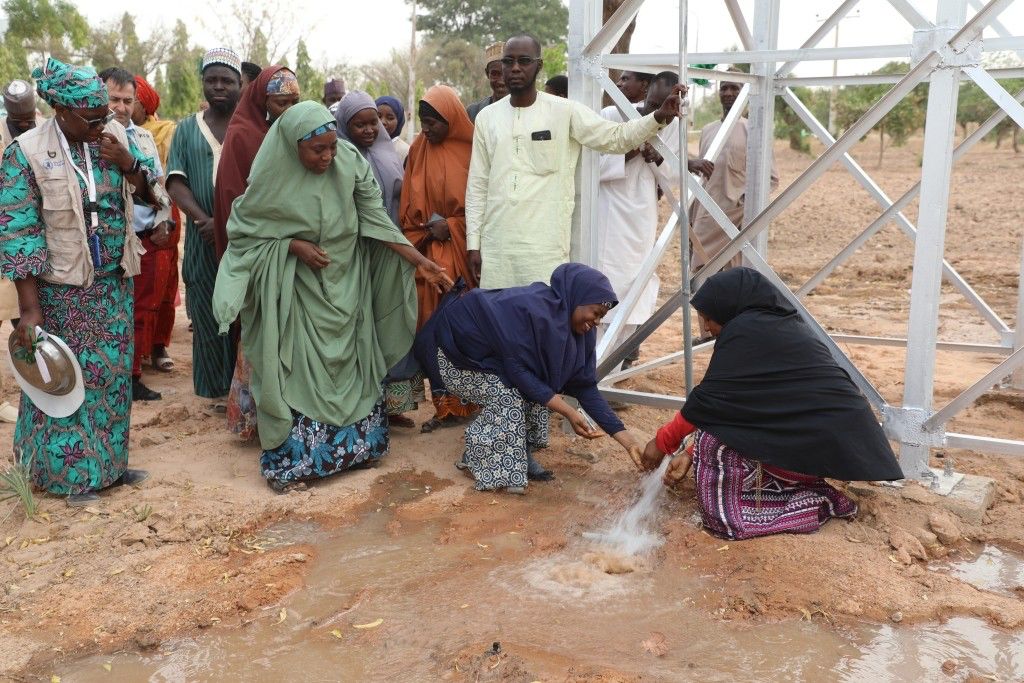ECOWAS Leads West Africa’s Shift from Disaster Response to Resilience.
By Raymond Enoch
As the global community commemorates the International Day for Disaster Risk Reduction (IDDRR) 2025 under the compelling theme “Fund Resilience, Not Disasters,” the Economic Community of West African States (ECOWAS) is stepping forward as a continental leader in advancing disaster preparedness and resilience across West Africa.

Amid growing climate threats, health emergencies, and conflict-induced displacement, ECOWAS is spearheading a shift from reactive disaster response to a more proactive and preventative approach. Through its Directorate of Humanitarian and Social Affairs (DHSA) and the Disaster Operations Centre (DOC), the Commission has achieved measurable progress in strengthening the region’s ability to anticipate and withstand disasters.
Over the past year, ECOWAS has successfully operationalized multi-hazard early warning systems across its 15 Member States. These systems, designed to monitor a wide range of threats including floods, droughts, epidemics, and environmental hazards, are now providing timely and actionable alerts to communities and national disaster agencies. The aim is clear: ensure that early warning translates into early, life-saving action. According to officials at the ECOWAS DOC, the system’s expansion has already led to more coordinated responses and reduced impact in high-risk areas.

In parallel, the Commission has prioritized the capacity development of national DRR institutions, delivering specialized training programs and simulation exercises that equip national responders with critical skills and tools. This focus on local agency and institutional readiness has enhanced not only the technical competencies of individual countries, but also regional cohesion in addressing shared risks.
Furthermore, ECOWAS has deepened its engagement with development partners, technical institutions, and humanitarian actors to foster inclusive and effective DRR strategies. These partnerships have allowed the region to leverage global expertise, align with international frameworks such as the Sendai Framework for Disaster Risk Reduction, and strengthen sustainable investment in risk-informed development planning.
The Disaster Operations Centre, now more visible and better equipped, has become the focal point for regional coordination in times of crisis. In 2025 alone, the DOC facilitated joint responses to emergencies, hosted high-level consultations, and led simulation exercises that tested the operational capacity of Member States under simulated disaster scenarios. The Centre has proven itself as a credible and efficient hub for regional preparedness and coordination.
This year’s IDDRR theme, “Fund Resilience, Not Disasters,” resonates strongly with ECOWAS’s vision. It is a powerful reminder that disaster-related losses—human, economic, and environmental—can often be avoided through adequate investment in prevention, preparedness, and mitigation. For ECOWAS, resilience is not a concept reserved for the future; it is a present-day priority that underpins regional peace, stability, and development.
An ECOWAS spokesperson remarked, “West Africa cannot afford to wait for disasters before taking action. We must fund the systems that protect lives and livelihoods—before it’s too late.”
The International Day for Disaster Risk Reduction, observed every October 13, serves as a global call to build safer, more resilient communities. As nations around the world reflect on their progress, ECOWAS stands out—not just for its strategic vision, but for its tangible commitment to building a disaster-resilient West Africa.









